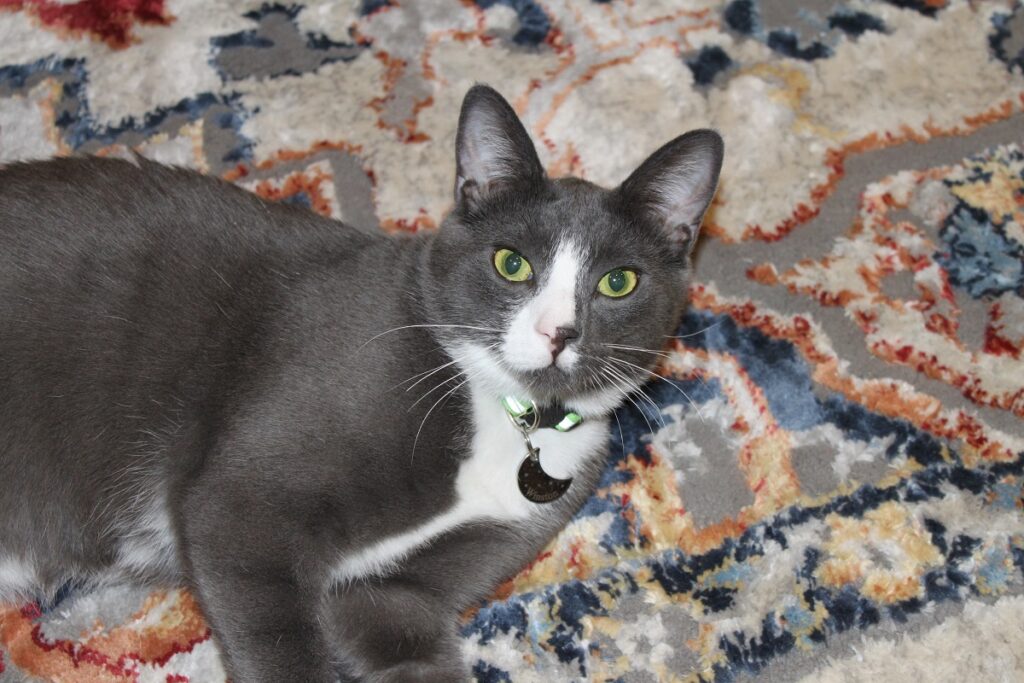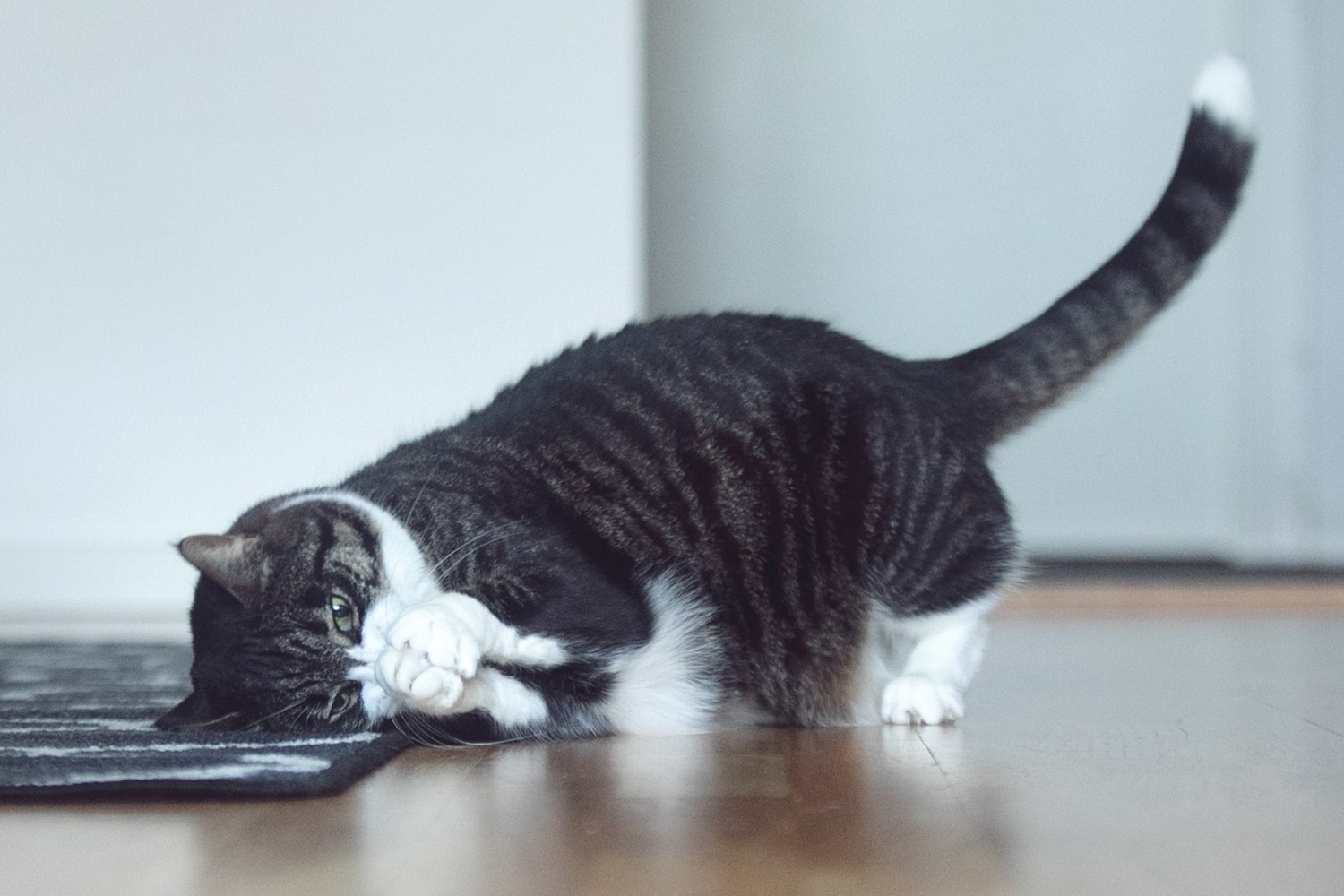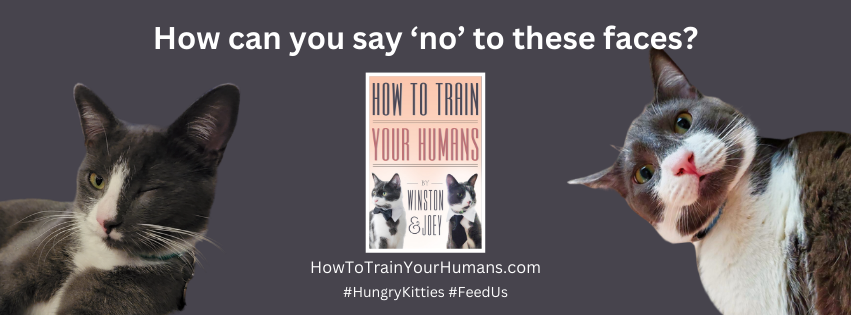If your kitten seems to be a tiny purring machine with a surprising amount of gas, you’re not alone. Kittens can and do fart, and while it’s often harmless, excessive tooting might be a sign that something in their routine needs adjusting.
Let’s break down what’s normal, what’s not, and what you can do to help.
Yes, Kittens Can Fart
First things first: yes, kittens can pass gas. Just like in humans, this is a normal part of digestion. A little bit here and there is nothing to worry about. But if you’re noticing frequent or particularly smelly kitten gas, it’s worth taking a closer look at what’s going on.
What Causes Kitten Gas?
There are a few common culprits behind your kitten’s flatulence:
1. Diet Changes or Low-Quality Food
Kittens have sensitive stomachs, and switching food too fast or feeding low-quality kibble can cause gas. Fillers like corn, soy, or wheat are harder to digest and often lead to more fermentation in the gut.
2. Eating Too Fast
Some kittens gobble down food like it’s a contest. When they eat too quickly, they swallow air along with their kibble. That air has to come out somewhere, and unfortunately, it’s not always from the top end.
3. Dairy Products
Contrary to the old cartoon cliché, most cats are lactose intolerant. If your kitten laps up milk or dairy treats, you might be smelling the aftermath later.
4. Intestinal Parasites
Gas, bloating, and diarrhea can all be signs of worms or other parasites. This is especially common in kittens who haven’t been dewormed yet.
5. Food Intolerances or Allergies
Just like people, kittens can be sensitive to certain ingredients. If your kitten has a food allergy or sensitivity, gas might be one of the signs, along with itching, vomiting, or loose stools.
When to Worry About Farting
Occasional gas is no big deal, but if your kitten has other symptoms like:
Related read: Why Your Cat Is So Picky About Wet Food.
- Diarrhea
- Vomiting
- Loss of appetite
- Lethargy
- A bloated belly
…it’s time to call your vet. These could point to something more serious like parasites, infection, or a digestive disorder.
How to Reduce Your Kitten’s Gas
You don’t have to live with a stinky kitten forever. Here are a few ways to cut down on the gas:
Switch to High-Quality Food
Look for kitten food that uses real meat as the first ingredient and skips fillers. Introduce new foods slowly to avoid upsetting their stomach.

Joey’s farts used to be so smelly! Sometimes I had to leave the room because the smell was so bad. I don’t know how such big smells can come out of such a small kitty. I felt bad for him because he seemed uncomfortable, but I also didn’t want to be around that smell. I was afraid it might stick to my fur! Luckily for me, his farts have gotten better, and now we can hang out and play without being overwhelmed by his stench. #LittleBrothersAreStinky
Winston
Use a Slow Feeder
If your kitten is eating like they’re in a race, a slow feeder bowl or puzzle feeder can help reduce swallowed air.
Avoid Dairy
No matter how cute it looks, skip the milk. Stick to water and kitten-safe treats.
Keep Up with Deworming
Make sure your kitten is up to date on deworming treatments and vet visits.
Track Their Reactions
If you think your kitten has a food intolerance, try an elimination diet with your vet’s help to find the cause.
Final Thoughts
Kitten farts might be funny, but they can also be your nose’s way of telling you something’s not right. Most of the time, a few simple changes can make a big difference. And if the smell sticks around or other symptoms show up, your vet can help sniff out the real issue.
Sources
– Cornell Feline Health Center https://www.vet.cornell.edu/departments-centers-and-institutes/cornell-feline-health-center
– ASPCA – General Cat Care https://www.aspca.org/pet-care/cat-care/general-cat-care
– PetMD – Why Is My Cat Gassy? https://www.petmd.com/cat/general-health/why-my-cat-gassy
– American Society for the Prevention of Cruelty to Animals. (n.d.). Gas in Cats and Dogs. ASPCA. https://www.aspca.org/pet-care/cat-care/gas-cats-and-dogs
– Merck Veterinary Manual. (n.d.). Flatulence in Small Animals. Merck Veterinary Manual. https://www.merckvetmanual.com/digestive-system/diseases-of-the-stomach-and-intestines-in-small-animals/flatulence-in-small-animals
Recent Posts
Explore why cats sleep so much, including the evolutionary reasons and the health benefits they derive from their extensive sleep patterns.
Explore the causes of cat dandruff, its implications, and effective ways to deal with it so your feline friend remains happy and healthy.


